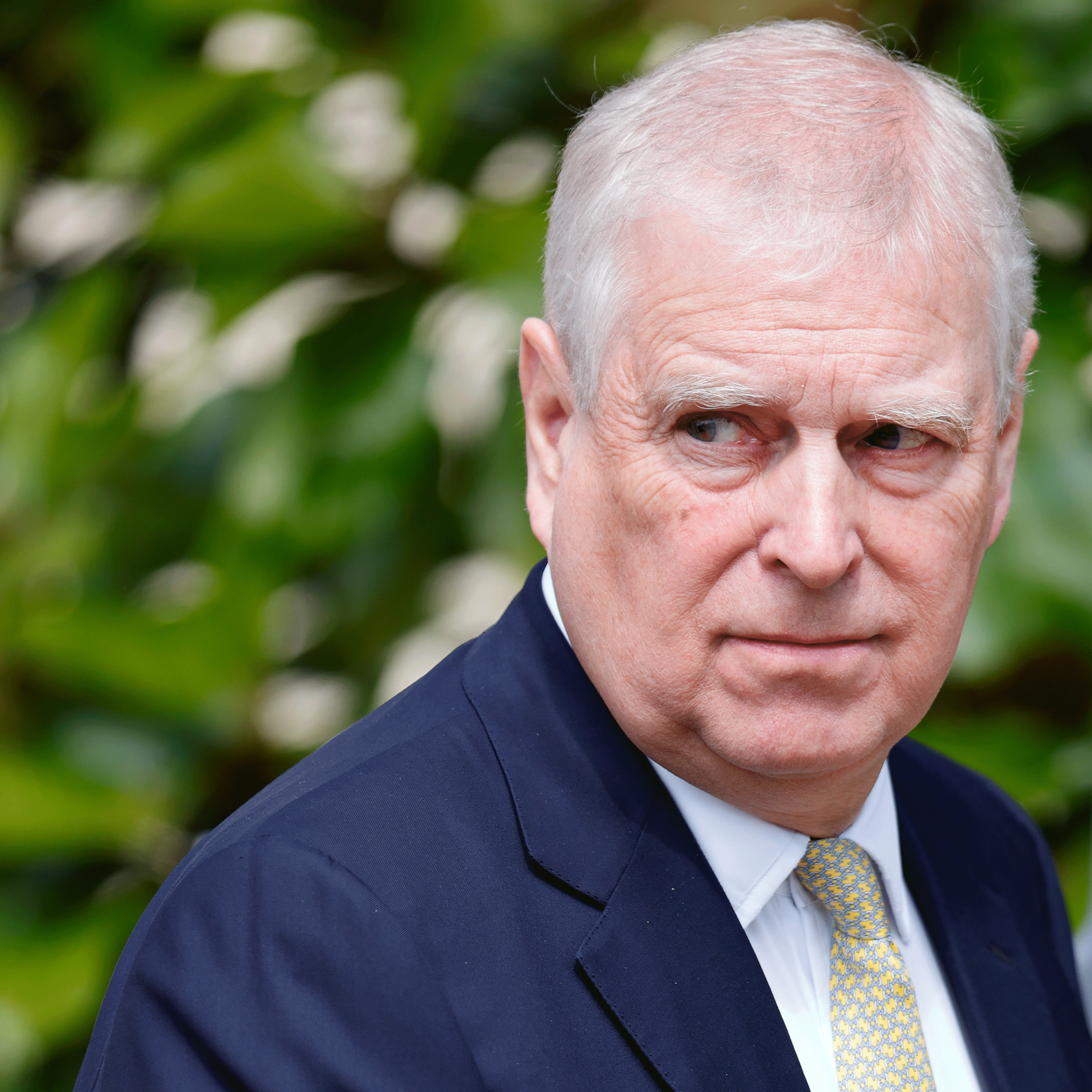146: Paul Foot Award: The Winner
Recorded at the Paul Foot Award ceremony in London, here is the announcement of this year’s winner - plus a bonus interview with last year’s champion Tristan Kirk about what has changed since he won.
Press play and read along
Transcript
Transcript is processing—check back soon.
Page 94: The Private Eye Podcast — 146: Paul Foot Award: The Winner





